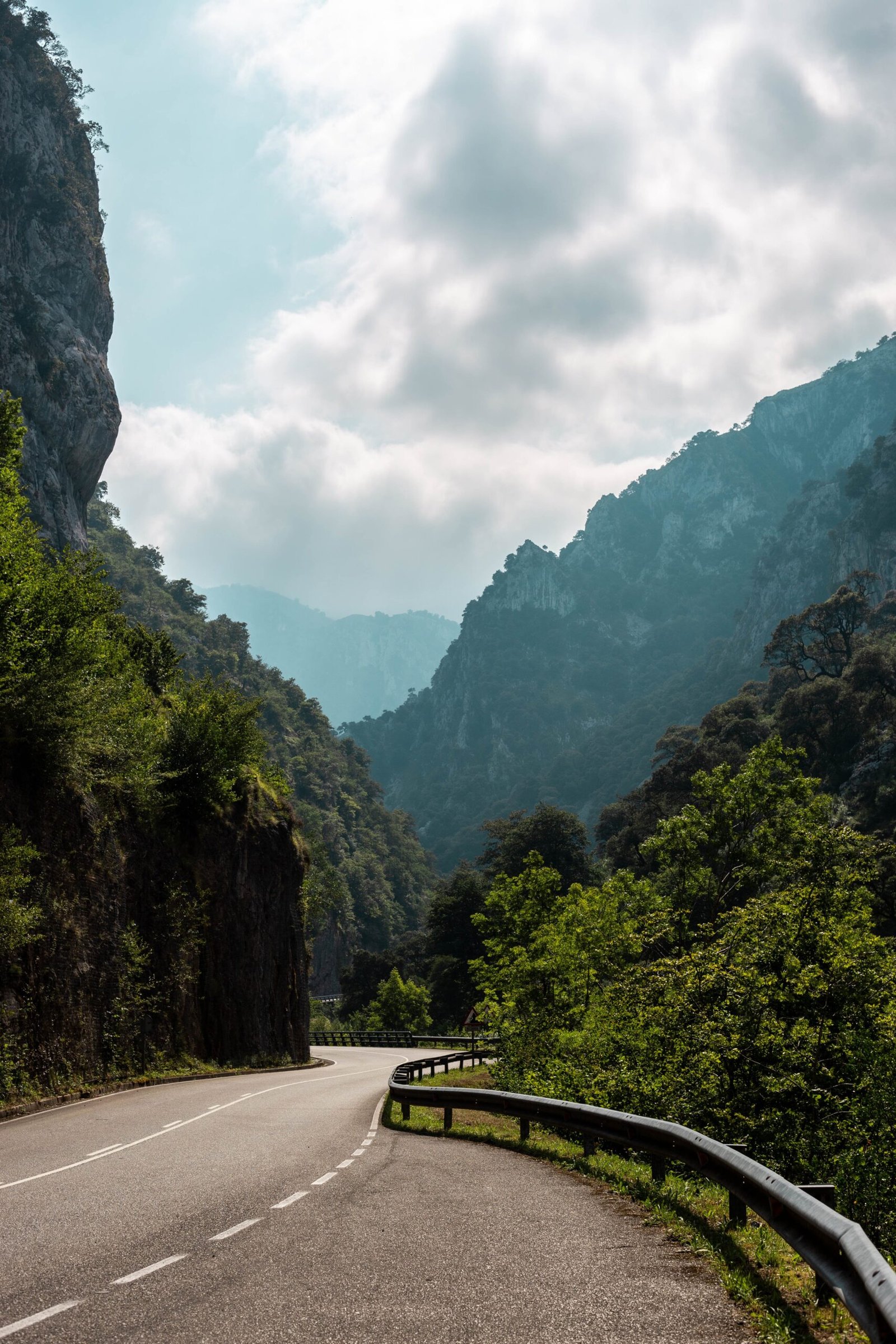In the age of screens and technology, introducing children to the wonders of the natural world is more crucial than ever. National parks, with their breathtaking landscapes, diverse ecosystems, and educational opportunities, serve as nature’s classroom, offering kids a chance to learn, explore, and develop a deep appreciation for the environment.
The United States, home to a vast array of national parks, provides numerous opportunities for families to embark on outdoor adventures. From the towering peaks of Yosemite to the geothermal wonders of Yellowstone, these protected areas showcase the beauty and diversity of the country’s natural heritage. National parks not only offer a playground for outdoor activities but also serve as living laboratories where kids can discover the intricacies of ecosystems, geology, and wildlife.
Educational programs within national parks cater specifically to young learners. Ranger-led programs, interactive exhibits, and guided tours provide children with a hands-on and engaging experience. Junior Ranger programs, available in many national parks, empower kids to actively participate in learning about the park’s flora, fauna, and history. Completing activities in their Junior Ranger booklet, kids earn badges and certificates, fostering a sense of accomplishment and pride in their newfound knowledge.
Grand Canyon National Park, with its awe-inspiring landscapes, provides a natural classroom for understanding geological processes. Guided hikes and interpretive programs help children grasp the concept of erosion, sedimentation, and the powerful forces that have shaped the canyon over millions of years. The park’s Junior Ranger program encourages kids to explore the canyon’s rim, learn about its diverse ecosystems, and become stewards of its natural resources.
Great Smoky Mountains National Park, straddling the border between North Carolina and Tennessee, offers a rich biodiversity and cultural history. Families can participate in guided walks, wildlife watching, and historical demonstrations that transport kids to the Appalachian way of life. The park’s emphasis on preservation and conservation aligns with the educational mission, instilling in young minds the importance of protecting natural environments.
Beyond the United States, countries around the world host their own national parks, each offering unique lessons in nature. Banff National Park in Canada introduces children to the wonders of alpine ecosystems, glacial landscapes, and the importance of wildlife conservation. In Costa Rica’s Manuel Antonio National Park, kids can observe monkeys, sloths, and a variety of tropical birds while learning about the importance of rainforest preservation.
National park treks provide children with more than just a physical adventure; they offer a holistic educational experience that fosters a sense of wonder and respect for the natural world. By immersing kids in the beauty and diversity of national parks, families create lasting memories and instill values that will shape their connection to nature for years to come. Nature’s classroom within these protected areas becomes a gateway to exploration, discovery, and a lifelong love for the great outdoors.



